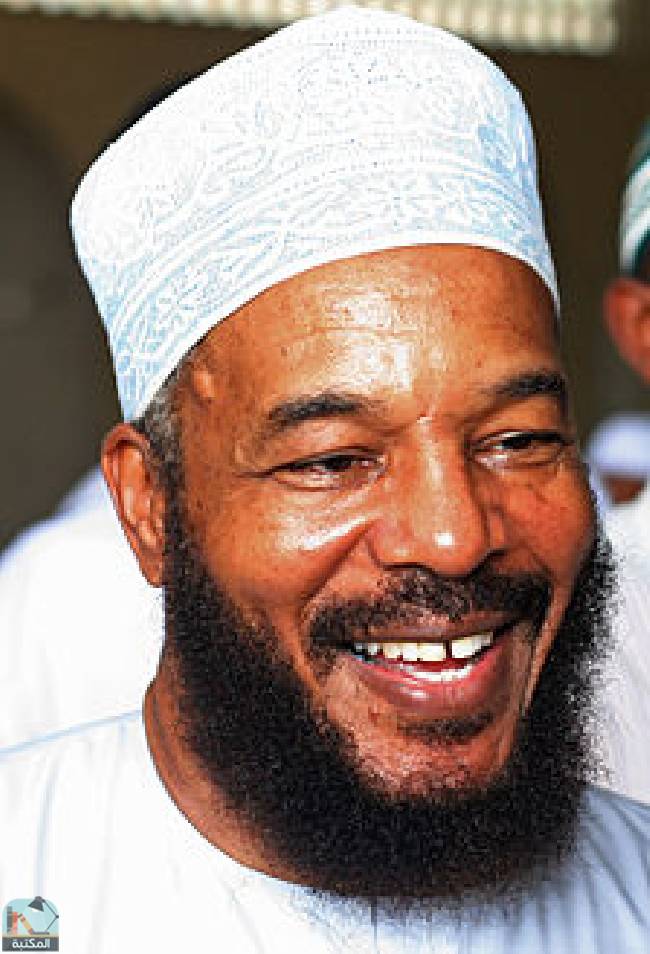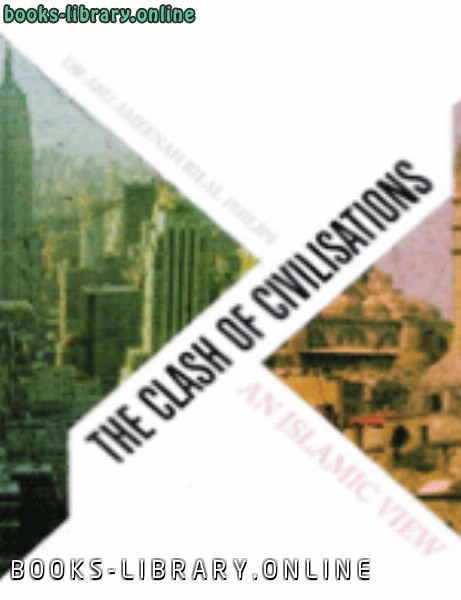📘 ❞ The Clash of Civilisations ❝ كتاب ــ أبو أمينة بلال فيليبس
كتب اسلامية باللغة الانجليزية - 📖 كتاب ❞ The Clash of Civilisations ❝ ــ أبو أمينة بلال فيليبس 📖
█ _ أبو أمينة بلال فيليبس 0 حصريا كتاب ❞ The Clash of Civilisations ❝ 2024 Civilisations: Civilizations is a hypothesis that people's cultural and religious identities will be the primary source conflict in post Cold War world American political scientist Samuel P Huntington argued future wars would fought not between countries, but cultures It was proposed 1992 lecture[1] at Enterprise Institute, which then developed 1993 Foreign Affairs article titled "The Civilizations?", response to his former student Francis Fukuyama's book, End History Last Man later expanded thesis 1996 book Remaking World Order The phrase itself earlier used by Albert Camus 1946,[3] Girilal Jain analysis Ayodhya dispute 1988,[4] Bernard Lewis an September 1990 issue Atlantic Monthly Roots Muslim Rage"[5] Mahdi El Mandjra "La première guerre civilisationnelle" published [6][7] Even earlier, appears 1926 regarding Middle East Basil Mathews: Young Islam on Trek: A Study (p 196) This expression derives from "clash cultures", already during colonial period Belle Époque Huntington began thinking surveying diverse theories about nature global politics Some theorists writers human rights, liberal democracy, capitalist free market economy had become only remaining ideological alternative for nations Specifically, Fukuyama reached 'end history' Hegelian sense believed while age ideology ended, reverted normal state affairs characterized In thesis, he axis along lines [9] As extension, posits concept different civilizations, as highest rank identity, increasingly useful analyzing potential At end article, writes, "This advocate desirability conflicts civilizations set forth descriptive what may like " In addition, clash Huntington, represents development history past, mainly struggles monarchs, ideologies, such seen within Western civilization But after War, moved into new phase, non are no longer exploited recipients have additional important actors joining West shape move كتب اسلامية باللغة الانجليزية مجاناً PDF اونلاين Islamic holy books texts Muslims believe were authored God via various prophets throughout humanity's All these books, belief, promulgated code laws ordained those people
- مساهمة من: NOOR
( الأربعاء 27 مارس 2019 ( 3:02 مساءً )) - تبليغ عن سوء استخدام

The Clash of Civilizations is a hypothesis that people's cultural and religious identities will be the primary source of conflict in the post-Cold War world. The American political scientist Samuel P. Huntington argued that future wars would be fought not between countries, but between cultures. It was proposed in a 1992 lecture[1] at the American Enterprise Institute, which was then developed in a 1993 Foreign Affairs article titled "The Clash of Civilizations?", in response to his former student Francis Fukuyama's 1992 book, The End of History and the Last Man. Huntington later expanded his thesis in a 1996 book The Clash of Civilizations and the Remaking of World Order.
The phrase itself was earlier used by Albert Camus in 1946,[3] by Girilal Jain in his analysis of the Ayodhya dispute in 1988,[4] by Bernard Lewis in an article in the September 1990 issue of The Atlantic Monthly titled "The Roots of Muslim Rage"[5] and by Mahdi El Mandjra in his book "La première guerre civilisationnelle" published in 1992.[6][7] Even earlier, the phrase appears in a 1926 book regarding the Middle East by Basil Mathews: Young Islam on Trek: A Study in the Clash of Civilizations (p. 196). This expression derives from "clash of cultures", already used during the colonial period and the Belle Époque.
Huntington began his thinking by surveying the diverse theories about the nature of global politics in the post-Cold War period. Some theorists and writers argued that human rights, liberal democracy, and the capitalist free market economy had become the only remaining ideological alternative for nations in the post-Cold War world. Specifically, Francis Fukuyama argued that the world had reached the 'end of history' in a Hegelian sense.
Huntington believed that while the age of ideology had ended, the world had only reverted to a normal state of affairs characterized by cultural conflict. In his thesis, he argued that the primary axis of conflict in the future will be along cultural lines.[9] As an extension, he posits that the concept of different civilizations, as the highest rank of cultural identity, will become increasingly useful in analyzing the potential for conflict. At the end of his 1993 Foreign Affairs article, "The Clash of Civilizations?", Huntington writes, "This is not to advocate the desirability of conflicts between civilizations. It is to set forth descriptive hypothesis as to what the future may be like."
In addition, the clash of civilizations, for Huntington, represents a development of history. In the past, world history was mainly about the struggles between monarchs, nations and ideologies, such as seen within Western civilization. But after the end of the Cold War, world politics moved into a new phase, in which non-Western civilizations are no longer the exploited recipients of Western civilization but have become additional important actors joining the West to shape and move world history.

